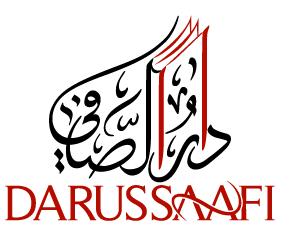Question: A man had the habit of using drugs, then he repented and Allah guided him to the straight path. So what is your guidance for him and the one who is in a similar situation? If he has debts due to people for these drugs or people request money from him due to these drugs, does he take the money he has and pay what is owing on him knowing it is for drugs?
Answer: “First: We congratulate this man whom Allah blessed with steadfastness and leaving off nonsense affairs and the destroyers of the souls. We say: All praise is due to Allah for this rescue which by it you have been saved.
Second: everything that he earned from this unlawful way is unlawful upon him. However, as for what is with him then Allah, the Exalted said:
فَمَنْ جَاءَهُ مَوْعِظَةٌ مِنْ رَبِّهِ فَانتَهَى فَلَهُ مَا سَلَفَ وَأَمْرُهُ إِلَى اللَّه
So whosoever receives an admonition from his Lord and stops eating Riba (usury) shall not be punished for the past; his case is for Allah (to judge);
[2:275]
Except that if he has the drugs themselves, then it is obligatory to destroy them. As for the receivables of the people, then he has taken it from them. However, he gives it in charity to free himself from it, not as a means to draw near to Allah. It is not possible that he returns it to the people so that they combine between the compensation [for the product] and the product. Rather we say: take what is from their receivables and give it in charity and do not enter it into your wealth. Rather give it as charity to get rid of it and that will solve the issue.
As for what he owes the people for the cost of these drugs, then he should prevent paying it back. He should say: I will not pay you because this is something unlawful. Unlawful things do not have price in the legislation. However, in this situation, he gives charity in the amount he took from the people so that he does not combine between having the compensation [for the product] and the product.
[Liqaa ash-Shahri no. 15 found here: https://shamela.ws/browse.php/book-7686#page-404]
Translated by
Faisal Ibn Abdul Qaadir Ibn Hassan
Abu Sulaymaan

